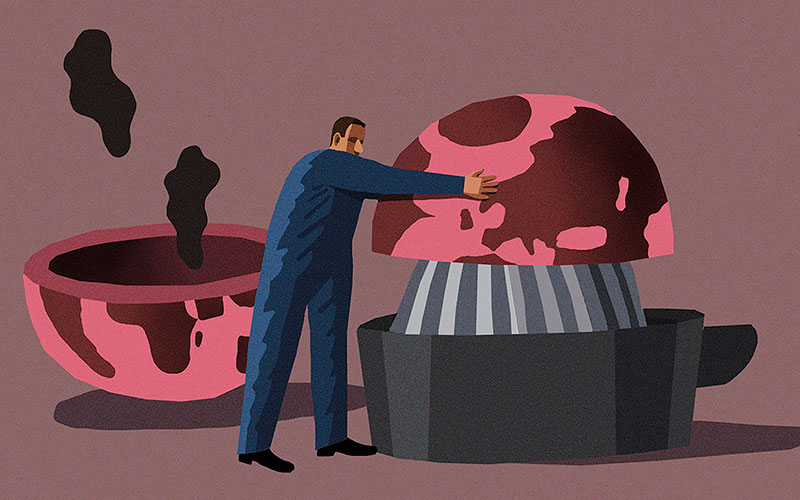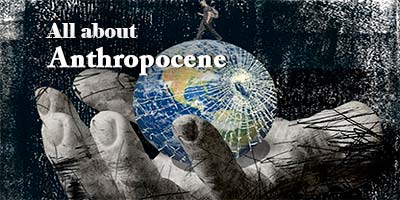FAQs about Anthropocene

3. What does the term Anthropocene mean?
Anthropocene is a compound word that comes from the Greek, “anthropos”, human being, and “kainos”, new. It has also been called the “Age of humans”. It is a name that is intended to be assigned to a new epoch, successor to the Holocene, the time in which we live. The Anthropocene is a name coined in 2000 by Paul Crutzen, Nobel Prize in Chemistry, to mark the epoch in which human activities began to cause biological and geophysical changes on a planetary scale. The term Anthropocene has not yet been accepted for not complying with the traditional nomenclature of stratigraphy, a methodology used by geology to establish the change from one geological epoch to another.
FAQs about Antropocene
1. What is the Anthropocene and to whom is the term due?
2. What is the theory of the nine limits of the planet and what does it have to do with the Anthropocene?
3. What does the term Anthropocene mean?
4. Why has not the Anthropocene been accepted as a new geological epoch?
5. Does the Anthropocene mean an involution of our species?
6. What is the proposed date for the start of the Anthropocene?
7. Who coined the Anthropocene concept?
8. Is Anthropocene dangerous?
9. Does something change a time just because it is assigned a new name?
10. What are the most remarkable effects of the Anthropocene?
Other sections of Anthropocene

The Anthropocene, the epoch of humans
The evolution of the homo genre has been such a vertiginous race that it is an event unparalleled on our planet, since we had never seen anything like it on the evolutionary scale of any kind. This rapid progress has been observed through the measurements of the skulls found by the paleoanthropologists. In a period of 2.5 million years the brain size of our genre has tripled, from 650 cc to 1450 cc…

Magazine all about the Anthropocene
The Anthropocene is the name that some scientists have proposed to indicate a new geological era, characterized by the great modifications to the planet made by humans. Although the Anthropocene or “Age of Humans” the concept circulates in books and thousands of media.
You can also see it in…
Infographics

Photo Gallery.

Video Gallery



